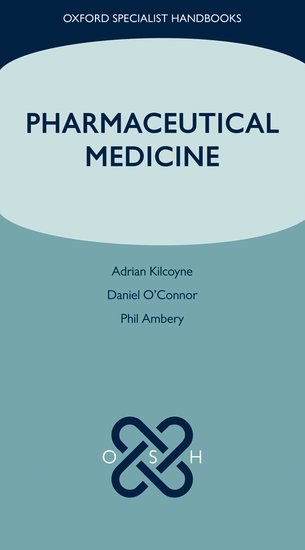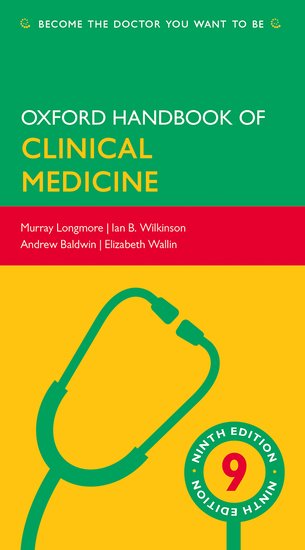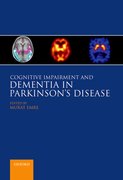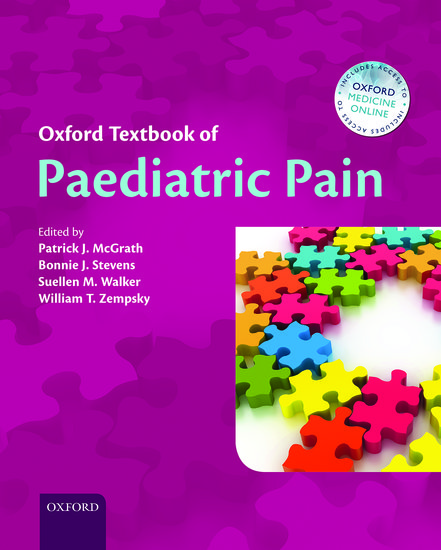Paul Sax, MD on infectious diseases and journal publishing
The Infectious Diseases Society of America (IDSA) and the HIV Medicine Association (hivma) are launching a new peer-reviewed, open access journal, Open Forum Infectious Diseases (OFID), providing a global forum for the rapid publication of clinical, translational, and basic research findings.










